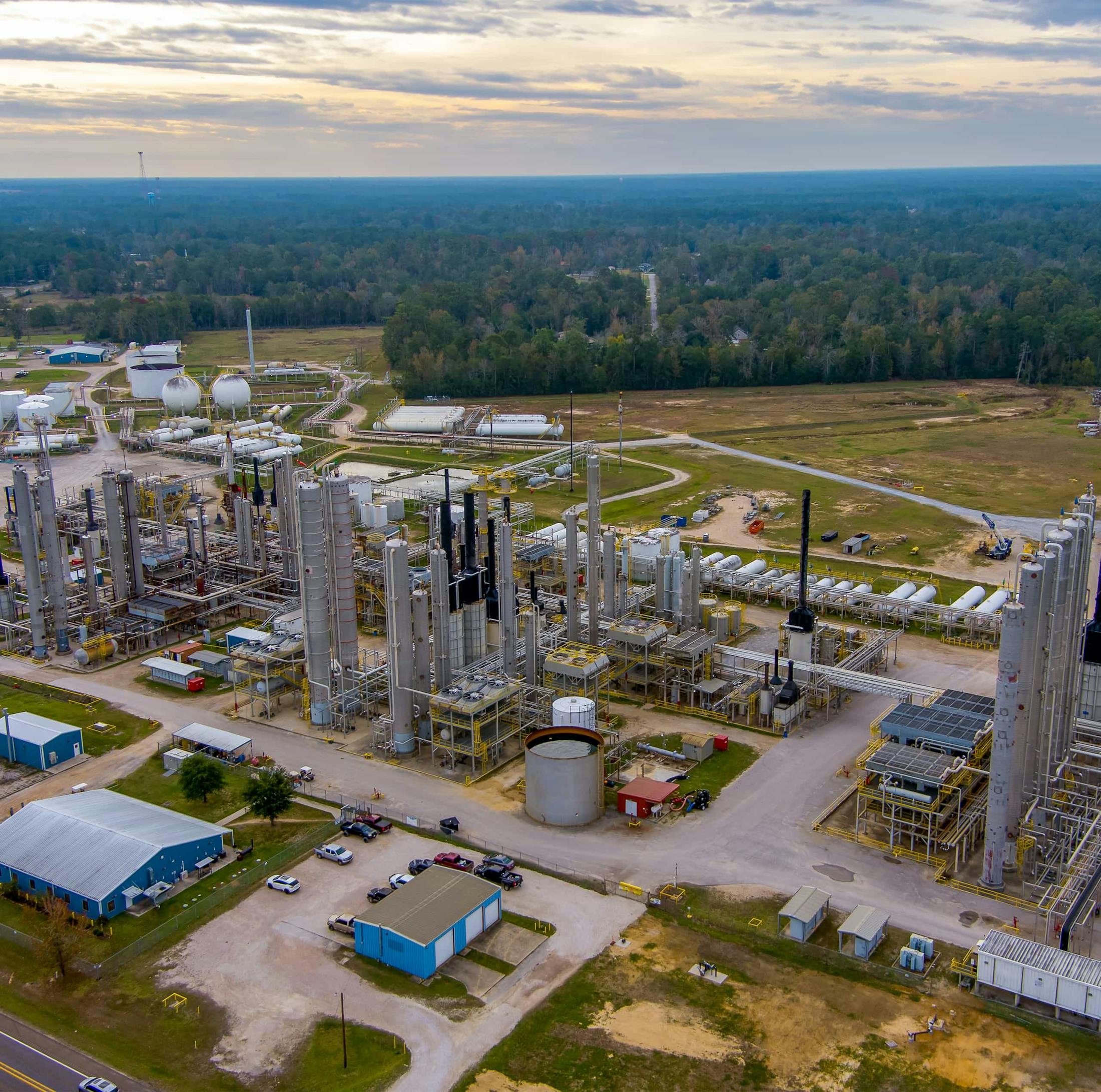In the event of a chemical explosion, our experienced lawyers are here to provide legal support and guidance to help you seek justice and fair compensation for any injuries.
Our Approach
Chemical plants are inherently dangerous, meaning that explosions and fatal injuries are not uncommon. However, that does not excuse the common causes of these explosions, including poor factory conditions, improper training, and inadequate protective equipment. Because of this, these lawsuits often are competing liability claims. In addition to directly affecting employees, explosions may impact whole communities. If you’ve suffered a chemical explosion injury at the fault of someone else, you may be able to collect damages. Trust our Houston chemical explosion injury lawyers to help you navigate the legal process.






